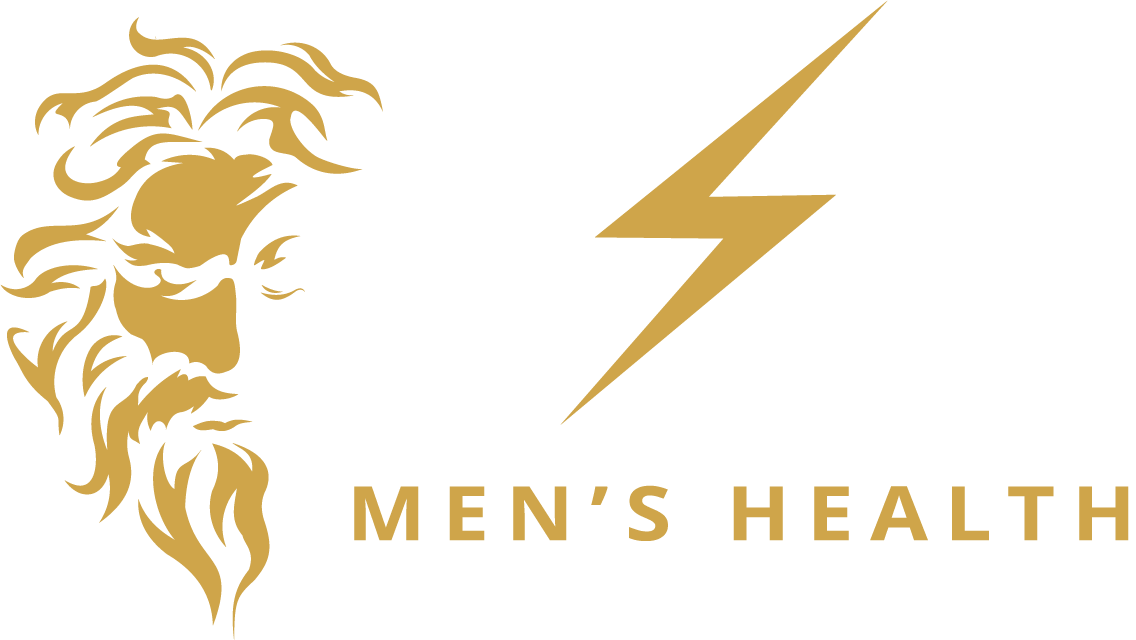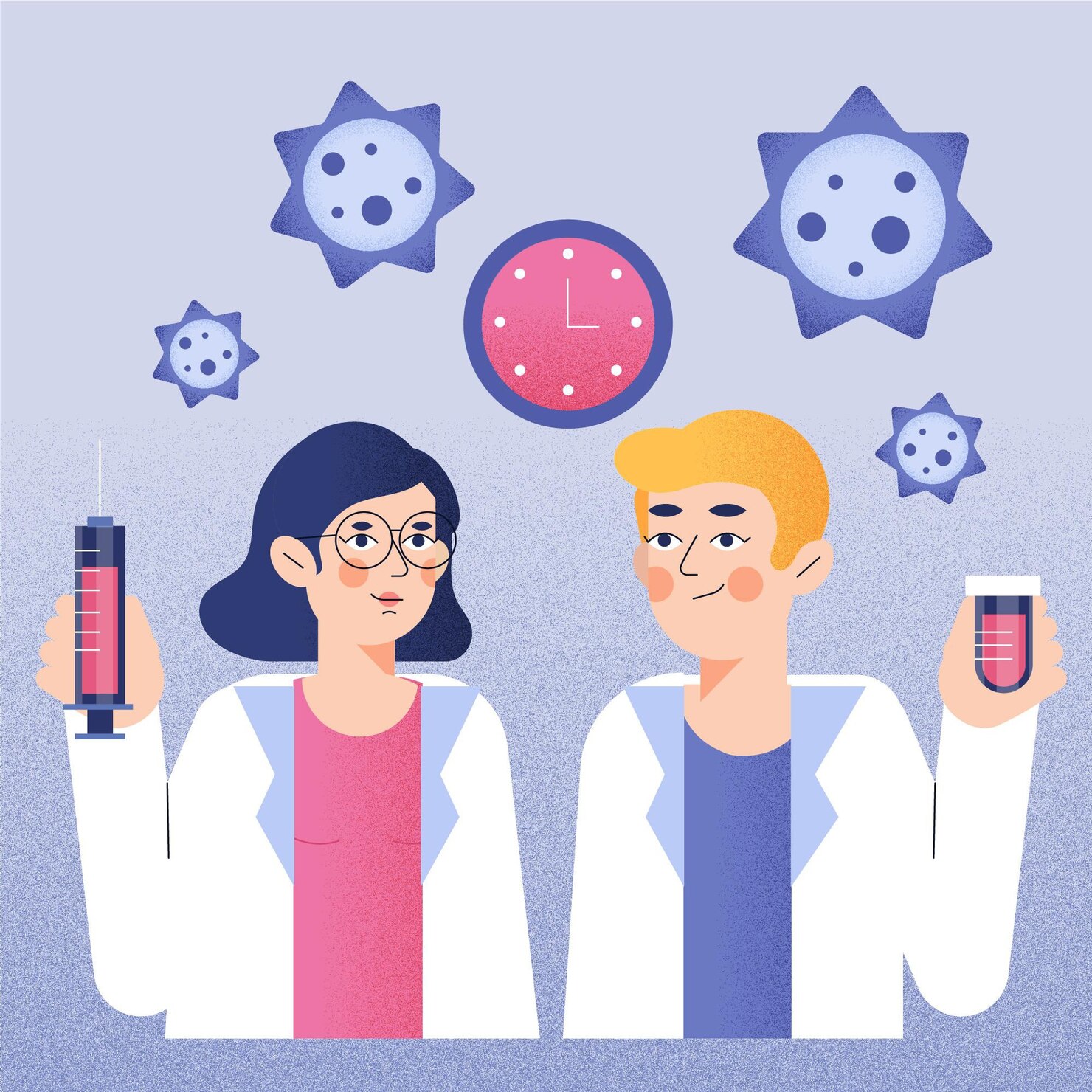Peptides have emerged as a popular solution in health and fitness, particularly for enhancing muscle growth and aiding recovery from injuries. These short chains of amino acids play a vital role in signaling cellular processes, making them a natural and effective way to optimize physical performance and healing. In this article, we’ll explore how peptides work, their benefits for muscle growth and injury recovery, and how they integrate into fitness and medical routines.
What Are Peptides?
Peptides are short strings of amino acids, typically comprising 2–50 amino acids. Unlike proteins, which are long chains of amino acids, peptides are smaller and more easily absorbed by the body. Naturally occurring peptides regulate various physiological processes, including hormone production, metabolism, and tissue repair.
In the realm of muscle growth and recovery, specific peptides, such as growth hormone secretagogues (GHS) and collagen peptides, have gained prominence for their targeted effects.
How Do Peptides Promote Muscle Growth?
- Stimulate Growth Hormone Production
Certain peptides, like Ipamorelin and CJC-1295, sermorelin, and tesamorelin stimulate the release of growth hormone from the pituitary gland. Growth hormone enhances protein synthesis, a crucial process for building new muscle tissue. - Enhance Protein Synthesis
Peptides signal the body to utilize amino acids more effectively, directly influencing muscle repair and growth. They enable muscle fibers to rebuild stronger after workouts, improving both size and endurance. - Boost Cellular Energy
Peptides like BPC-157 improve cellular energy production, ensuring muscles have the fuel they need to recover and grow after intense physical activity. - Reduce Muscle Wasting
For individuals recovering from injuries or illnesses, peptides can help preserve lean muscle mass by reducing catabolism (muscle breakdown).
How Do Peptides Aid in Recovery from Injuries?
- Accelerate Tissue Repair
Peptides such as BPC-157 and TB-500 have regenerative properties. They promote angiogenesis (the formation of new blood vessels), increasing oxygen and nutrient delivery to injured tissues for faster recovery. - Reduce Inflammation
Injuries often trigger inflammation, which can prolong healing. Peptides help modulate the body’s inflammatory response, minimizing swelling and discomfort while speeding up the healing process. - Stimulate Collagen Production
Collagen peptides are particularly effective in repairing ligaments, tendons, and connective tissues. By enhancing collagen synthesis, peptides strengthen these structures, reducing the risk of re-injury. - Improve Joint and Bone Health
Peptides such as BPC-157, TB-500, and MGF, which combined are known more frequently as the “Wolverine Stack” contribute to the repair and regeneration of cartilage and bone tissues, making them effective in treating joint injuries and fractures.
Popular Peptides for Muscle Growth and Recovery
- BPC-157 with TB-500 (Thymosin Beta-4) and MGF (Mechano-growth factor)
This combination of peptides, commonly known as the “Wolverine Stack,” which can be used in injuries or inflammatory states to stimulate the recovery and regeneration of damaged tissues. This dynamic trio of peptides reduces inflammation, enhances flexibility, and promotes recovery from muscle tears
- CJC-1295 with Ipamorelin
- Sermorelin
These growth hormone-releasing peptides or growth hormone secretagogues support muscle hypertrophy and recovery, fat metabolism. They also promote hair, skin and nail health, as well as sleep and recovery
- Tesamorelin
This growth hormone secretagogue specifically targets visceral fat or the fat around the waistline to help with metabolism of stubborn fat, along with the muscle hypertrophy and recovery, fat metabolism, and hair, skin, nail, and sleep health one wound expect from a GH secretagogue. For the benefits this peptide provides in trimming the waistline, this particular peptide is popular for use in women.
- Collagen Peptides
Essential for maintaining the structural integrity of tendons and ligaments, these peptides also aid in joint health.
Integrating Peptides into Your Routine
For Muscle Growth
- Dosage and Timing: Most peptides outlined above are administered via injection, or sublingual troche under medical supervision. Subcutaneous injections are the preferred mechanism of administration due to maximum bioavailability compared to oral routes. Dosages vary depending on individual goals and physiological needs.
- Workout Synergy: Peptides are most effective when combined with strength training, proper nutrition, and adequate rest.
For Recovery
- Injury-Specific Applications: Peptides like BPC-157 can be targeted to specific injuries. Regular administration accelerates tissue repair.
- Complementary Therapies: Physiotherapy, stretching, and adequate hydration enhance the benefits of peptide therapy.
Safety and Precautions
While peptides are generally considered safe, improper use can lead to side effects, including:
- Nausea
- Headaches
- Water retention
- Temporary injection site reactions
Always consult a medical professional before beginning peptide therapy. A tailored plan ensures safety and effectiveness.
FAQs About Peptides for Muscle Growth and Recovery
1. What are the best peptides for muscle growth?
Peptides like CJC-1295, Ipamorelin, and BPC-157 are among the most effective for stimulating growth hormone production and enhancing muscle growth.
2. Can peptides help with chronic injuries?
Yes, peptides like BPC-157 and TB-500 have shown promising results in healing chronic injuries, including tendonitis and ligament damage.
3. How long does it take to see results from peptide therapy?
Results can vary based on individual goals and the type of peptide used. Most individuals notice improvements within 4–6 weeks of consistent use.
4. Are peptides legal for use?
Peptides are legal for research and therapeutic purposes but may require a prescription depending on local regulations.
5. Can peptides replace surgery for severe injuries?
Peptides can accelerate recovery and strengthen tissues, potentially delaying or reducing the need for surgery in some cases. However, they are not a substitute for surgical intervention in severe injuries.
6. Do peptides have age-related limitations?
Peptides can benefit individuals across various age groups. Older adults, in particular, may experience enhanced recovery and reduced age-related muscle loss.
Conclusion
Peptides offer a revolutionary approach to muscle growth and injury recovery. Their ability to stimulate growth hormones, enhance protein synthesis, and promote tissue repair makes them invaluable in fitness and medical settings. Whether you’re an athlete striving for peak performance or recovering from an injury, peptides can play a transformative role in your journey.
By integrating peptide therapy into a holistic routine of exercise, nutrition, and rest, individuals can unlock their full potential while ensuring optimal recovery and performance.








